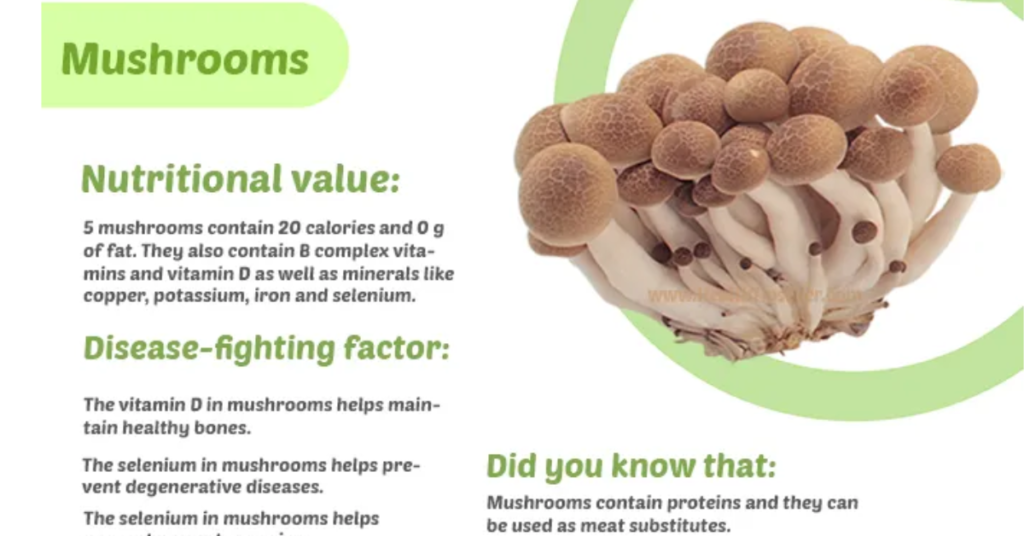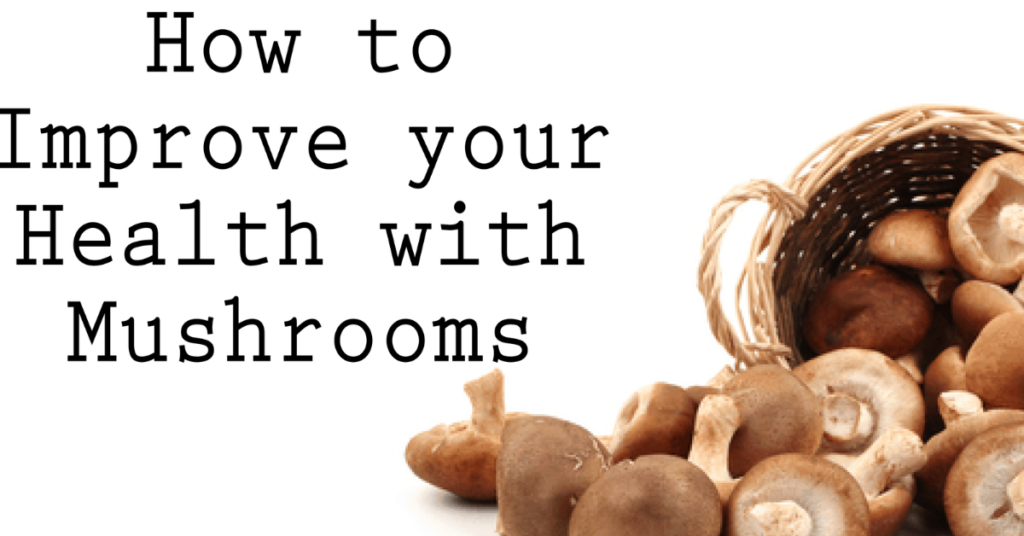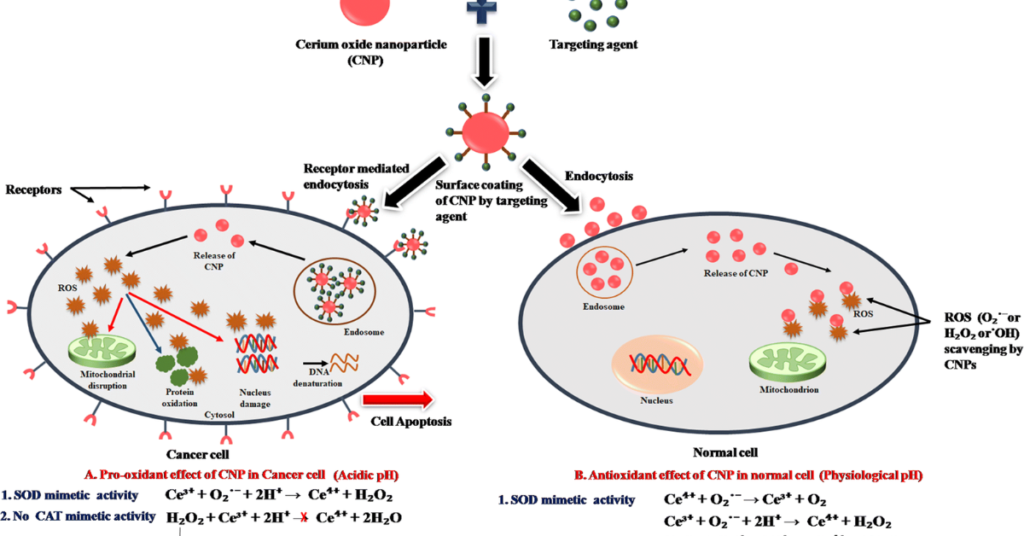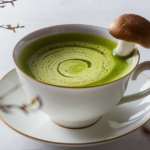Mushrooms are a type of fungi that grow above ground and are characterized by a stem, cap, and gills or pores on the underside of the cap. They come in various shapes, sizes, and colors, and are used both as food and for medicinal purposes. Mushrooms play a crucial role in ecosystems as decomposers, breaking down organic matter and recycling nutrients.
Mushrooms, with their mysterious allure and diverse forms, have captivated human curiosity for centuries. Emerging from the forest floor like magical umbrellas, these fungi are not just culinary delights but also potent medicinal treasures. Their unique ability to recycle nutrients and their symbiotic relationships with plants make them ecological powerhouses. From ancient folklore to modern gourmet kitchens, mushrooms continue to inspire and intrigue. Dive into the fascinating world of mushrooms and uncover their secrets and myriad benefits.
Mushrooms are fascinating organisms that thrive in a variety of environments, from forests and fields to gardens and urban areas. They play a vital ecological role by breaking down organic material, returning essential nutrients to the soil, and forming symbiotic relationships with plants. Edible mushrooms, such as shiitake and portobello, are highly valued for their unique flavors and nutritional benefits, including being rich in vitamins, minerals, and antioxidants. Additionally, some mushrooms, like reishi and lion’s mane, are prized for their medicinal properties, believed to boost the immune system and improve cognitive function.
Nutritional Profile of Mushrooms

Mushrooms are often praised for their impressive nutritional profile. They are low in calories, fat-free, cholesterol-free, and low in sodium, making them a healthy choice for various dietary needs. Here are some of the key nutrients found in mushrooms:
Vitamins and Minerals
Mushrooms are a good source of several essential vitamins and minerals, including:
Vitamin D
Certain mushrooms, like maitake and shiitake, contain high levels of vitamin D, especially when exposed to sunlight.
B Vitamins
Mushrooms are rich in B vitamins, such as riboflavin (B2), niacin (B3), and pantothenic acid (B5), which play crucial roles in energy production and the formation of red blood cells.
Minerals
Mushrooms provide important minerals like selenium, copper, and potassium, which support various bodily functions, including immune defense and heart health.
Antioxidants
Mushrooms contain powerful antioxidants like ergothioneine and glutathione, which help protect cells from damage caused by free radicals and oxidative stress.
Fiber
Mushrooms are a good source of dietary fiber, particularly beta-glucans, which can help maintain healthy digestion and support the immune system.
Protein
While not as high in protein as meat or legumes, mushrooms still contribute a small amount of protein, making them a beneficial addition to a balanced diet.
Health Benefits of Mushrooms

The health benefits of mushrooms extend beyond their nutritional content. Here are some of the most significant ways mushrooms can positively impact health:
Boosting the Immune System
Mushrooms contain compounds that can enhance the immune system. Beta-glucans, a type of polysaccharide found in mushrooms, are known for their immune-modulating properties. They can stimulate the activity of immune cells such as macrophages and natural killer cells, which play a crucial role in defending the body against infections and diseases. Reishi mushrooms, in particular, are famous for their immune-boosting effects and have been used in traditional medicine for centuries to enhance overall health and longevity.
Anti-Inflammatory Properties
Chronic inflammation is linked to numerous health conditions, including heart disease, diabetes, and cancer. Mushrooms have been shown to possess anti-inflammatory properties, which can help reduce inflammation in the body. For instance, compounds found in shiitake mushrooms, such as polysaccharides and ergothioneine, have been studied for their ability to inhibit inflammatory markers and pathways. Regular consumption of anti-inflammatory foods like mushrooms can contribute to better long-term health.
Antioxidant Effects

The antioxidants in mushrooms, such as ergothioneine and glutathione, help protect cells from oxidative damage. This is particularly important for preventing chronic diseases and aging-related conditions. Oxidative stress occurs when there is an imbalance between free radicals and antioxidants in the body, leading to cell and tissue damage. By providing a rich source of antioxidants, mushrooms can help neutralize free radicals and reduce the risk of oxidative stress-related health issues.
Supporting Heart Health
Mushrooms can be beneficial for heart health in several ways. Their high potassium content helps regulate blood pressure by counteracting the effects of sodium. Additionally, the beta-glucans in mushrooms can help lower cholesterol levels by reducing the absorption of cholesterol in the intestines. Mushrooms are also low in calories and fat, making them a heart-healthy food choice that can support weight management and overall cardiovascular health.
Enhancing Brain Function
Certain mushrooms, like lion’s mane, have been studied for their potential to enhance cognitive function and protect against neurodegenerative diseases. Lion’s mane mushrooms contain compounds called hericenones and erinacines, which can stimulate the production of nerve growth factor (NGF), a protein essential for the growth and maintenance of neurons. Research suggests that lion’s mane mushrooms may improve memory, focus, and overall brain health, making them a promising natural supplement for cognitive support.
Cancer-Fighting Potential
Some mushrooms, particularly maitake, reishi, and turkey tail, have shown promise in cancer research. These mushrooms contain bioactive compounds that may help inhibit the growth of cancer cells and boost the immune system’s ability to fight cancer. For example, beta-glucans in mushrooms can enhance the activity of immune cells, while triterpenes in reishi mushrooms have been studied for their potential to induce apoptosis (programmed cell death) in cancer cells. While more research is needed, incorporating these mushrooms into a balanced diet may offer additional support in cancer prevention and treatment.
Read More:
Can Dogs Eat Mushrooms
Potential Risks and Considerations

While mushrooms offer numerous health benefits, it’s important to be aware of potential risks and considerations:
Toxic Mushrooms
Not all mushrooms are safe to eat. Some wild mushrooms are toxic and can cause severe illness or even death. It is crucial to only consume mushrooms that are known to be safe and to avoid foraging for wild mushrooms unless you are an experienced mycologist.
Allergies
Some individuals may be allergic to mushrooms, experiencing symptoms such as skin rashes, respiratory issues, or gastrointestinal discomfort. If you suspect an allergy, it’s best to consult with a healthcare professional before consuming mushrooms.
Digestive Issues
Mushrooms contain a type of carbohydrate called FODMAPs, which can cause digestive issues in some people, particularly those with irritable bowel syndrome (IBS). If you have a sensitive digestive system, you may need to limit your intake of certain mushrooms.
Interactions with Medications
Certain mushrooms, especially those used for medicinal purposes like reishi, can interact with medications. For instance, reishi mushrooms may affect blood clotting and could potentially interact with blood-thinning medications. It’s important to consult with a healthcare provider if you are taking medications and considering the use of medicinal mushrooms.
Culinary Uses and Preparation

One of the great advantages of mushrooms is their versatility in the kitchen. They can be used in a wide variety of dishes, adding flavor, texture, and nutritional value. Here are some popular ways to incorporate mushrooms into your diet:
Sautéed Mushrooms
Sautéing mushrooms in olive oil or butter with garlic and herbs is a simple and delicious way to enjoy them. This method brings out their natural umami flavor and makes a great addition to pasta, rice dishes, or as a side dish.
Mushroom Soups and Stews
Mushrooms add depth and richness to soups and stews. They can be used in classic dishes like mushroom barley soup or added to vegetable stews for extra flavor and nutrition.
Grilled or Roasted Mushrooms
Grilling or roasting mushrooms enhances their natural flavors and creates a satisfying texture. Portobello mushrooms, in particular, are excellent for grilling and can be used as a meat substitute in burgers or sandwiches.
Mushroom Stir-Fries
Adding mushrooms to stir-fries is a quick and easy way to boost the nutritional content of your meals. Combine them with other vegetables and a protein source for a balanced and flavorful dish.
Stuffed Mushrooms
Stuffed mushrooms are a popular appetizer or side dish. They can be filled with a variety of ingredients, such as cheese, herbs, breadcrumbs, or ground meat, and then baked until golden and delicious.
FAQs
Are mushrooms healthy?
Yes, mushrooms are very healthy. They are low in calories, high in fiber, and packed with essential vitamins, minerals, and antioxidants.
What nutrients do mushrooms contain?
Mushrooms contain B vitamins, vitamin D, selenium, potassium, and various antioxidants like ergothioneine. These nutrients support immune function, bone health, and overall well being.
Can mushrooms help with weight loss?
Yes, mushrooms can aid in weight loss due to their high fiber and low calorie content. The fiber helps promote feelings of fullness and satiety.
Are all mushrooms edible and safe?
No, while many mushroom varieties are safe to eat, some wild mushrooms can be poisonous and toxic. It’s important to only consume mushrooms that are known to be edible.
How should mushrooms be prepared?
Mushrooms can be sautéed, roasted, grilled, or added raw to salads. Proper cooking helps break down tough fibers and maximize the nutrient absorption from mushrooms.
Conclusion
Mushrooms are indeed good for you, offering a wide range of health benefits thanks to their rich nutritional profile and bioactive compounds. From boosting the immune system and supporting heart health to enhancing brain function and potentially fighting cancer, mushrooms are a valuable addition to a balanced diet. However, it’s important to be mindful of potential risks, such as toxic varieties and allergies, and to consult with a healthcare professional if you have any concerns.
Incorporating mushrooms into your meals is not only beneficial for your health but also a delightful culinary experience. Their versatility allows for endless possibilities in the kitchen, making it easy to enjoy their unique flavors and textures. Whether you’re a mushroom enthusiast or just beginning to explore their benefits, there’s no denying that mushrooms are a remarkable food with much to offer.







